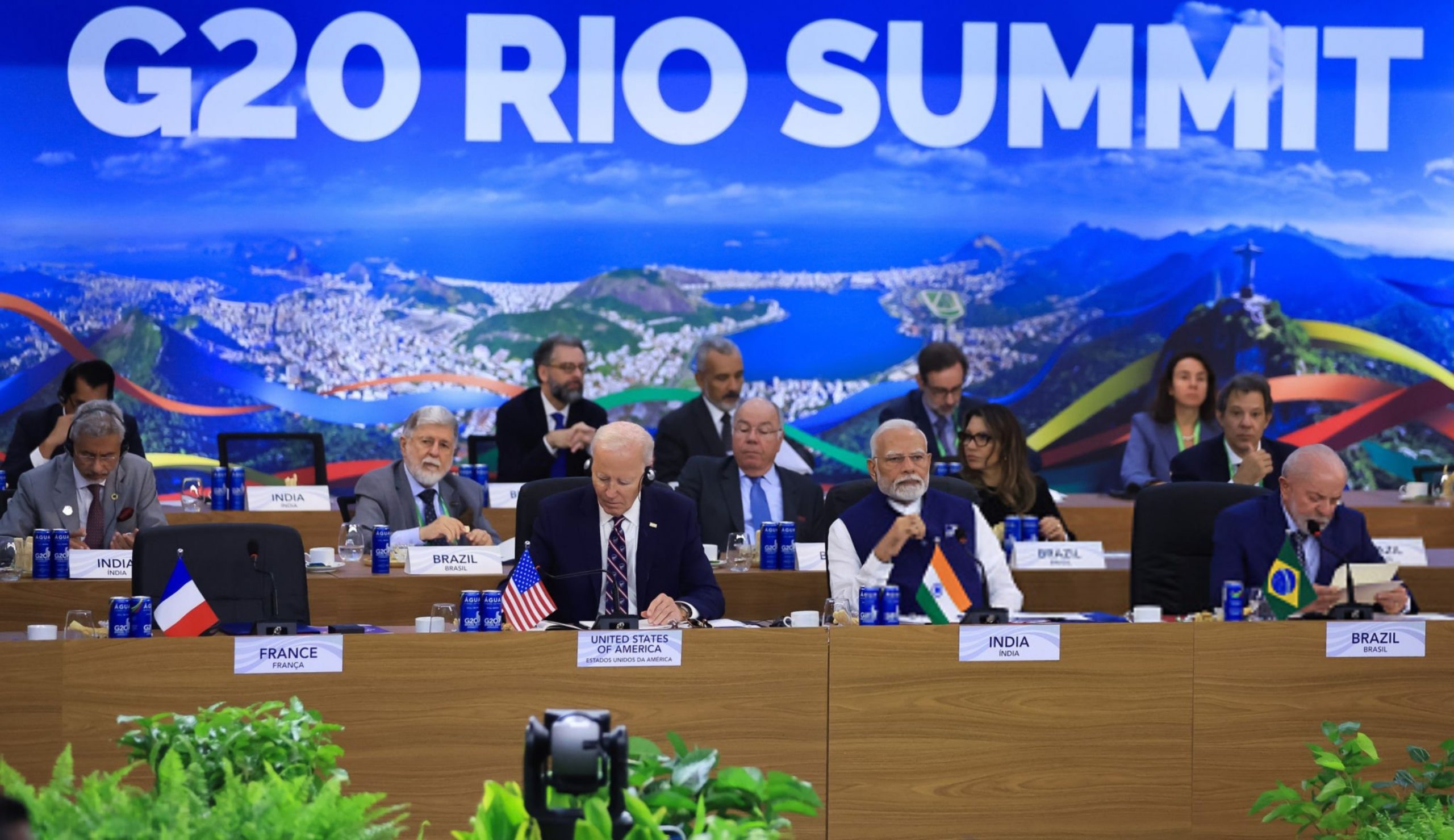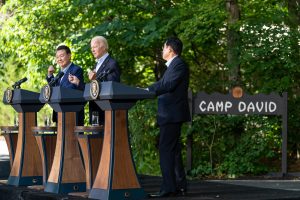
Unpacking the 2024 G20 Summit in Rio

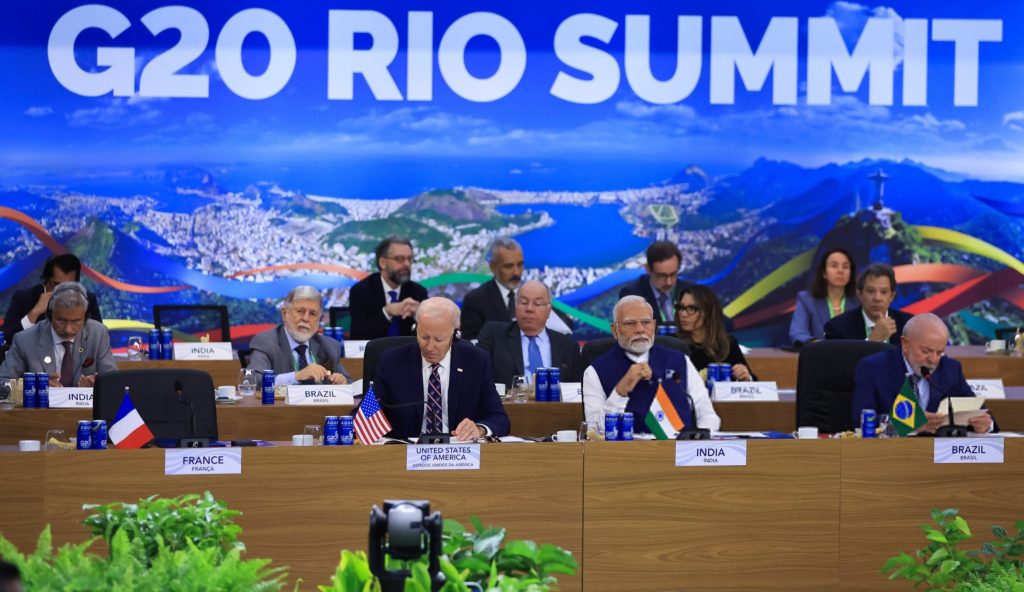
Welcome back to Latin America Brief, where we take a look at the key developments shaping the international landscape. This week, we delve into the outcomes of the XIV G20 Summit held in Rio de Janeiro, a critical event that not only highlighted Brazil’s aspirations on the global stage but also raised pivotal questions about the implementation of its ambitious agenda in 2025. From the launch of the Global Alliance Against Hunger to Brazil’s strategic energy agreements and its nuanced diplomatic moves with China and the United States, the summit underscored the complexities of balancing national priorities with an increasingly polarized global environment.
The G20 summit and the bilateral negotiations that happened in the context of the meeting were the regional highlight in the final quarter of 2024, not only because of its achievements but also due to the questions it raised for the Brazilian foreign policy in the coming year. What is important to be done is to identify the results of the summit for Brazil and to identify possible structural dynamics that might affect the fruition of the established deals in 2025.
The XIV G20 Summit took place in November 2024 in Rio de Janeiro, amidst a backdrop of global geopolitical tensions, including security concerns in the Middle East and Eastern Europe, and challenges to multilateral trade in light of, at the time, possible changes in the White House administration. The summit was also set against the pressing issue of climate change, highlighted by extreme weather events in various parts of the world, including floods of historical magnitude in southern Brazil.
Brazil hosted the summit as part of what Lula’s government considers to be a broader strategy to reassert itself as a significant player on the global stage, particularly in social and climate agendas. Thus, the summit was part of a series of high-profile international events hosted by the country, including the BRICS Summit and the Conference of the Parts for the UNFCCC (COP-30), all within a year. The Brazilian presidency of the G20 focused on three main priorities: social inclusion and the fight against hunger and poverty, sustainable development and climate action, and the reform of global governance institutions.
The summit was marked by several significant events and agreements, both in the context of the G20 and in bilateral meetings. The most notable multilateral achievement was the launch of the Global Alliance Against Hunger, with 148 founding members, aiming to eradicate poverty and hunger by 2030. Diplomats and consular officials involved in the summit, with whom I spoke to write this report, highlighted that this initiative was Brazil’s greatest success in driving concrete governance changes in social agendas, amidst challenging geopolitical antagonisms.
A significant point of multilateral contention during the summit was the proposal to establish a global tax for the super-rich. Despite strong resistance from Argentina and claims that the BRICS nations’ support was primarily political backing for Brazil, the objective was included in the final declaration. This highlights the ongoing debate over wealth distribution and economic equity on the international stage and serves as an external base of support for Government Lula’s domestic agenda of achieving fiscal stability through tax reforms.
The United States announced a $325 million investment in World Bank initiatives for clean energy. Additionally, the U.S. and Brazil have launched a partnership for digital inclusion, that includes U.S. support for expanding fiber optic connectivity in Brazil, aiming to reach 1 million homes and 4,000 schools by 2027. Furthermore, both countries announced a new partnership focused on advancing green technologies within the industrial sector.
A significant announcement was the signing of import agreements between Brazil and Argentina for the host of the summit to procure natural gas extracted through hydraulic fracturing from its southern neighbor. This strategic energy route aims to offset the decreasing output from Bolivia’s natural gas production, seeking a stable energy supply to the Brazilian economy, which is expected to grow by 3.42% in 2024 and approach its potential GDP next year. In this context, increasing energy availability is paramount to avoid inflation, a top priority for 2025 not only in Brazil but for global markets.
Brazil signed 37 bilateral agreements with China during a meeting held shortly after the G20 summit, but did not join the Belt and Road Initiative (BRI). The agreements cover cooperation in nuclear technology, artificial intelligence, and audiovisual sectors, as well as support for small businesses in international trade. Additionally, they include the opening of markets for Brazilian products, with a potential annual value of $450 million, and a coffee agreement with Luckin Coffee worth $2.5 billion until 2029. Notably, the agreements include a memorandum between SpaceSail, a competitor of Elon Musk, and Telebras, a Brazilian telecommunication firm.
The cooperation involves studies on internet demand in areas lacking fiber infrastructure and could reduce the influence of Starlink in connectivity for remote areas, such as the Amazon forest. Although Brazil did not sign the New Silk Road agreement, it did sign protocols for synergies related to the initiative, possibly integrating the Chinese project with Brazil’s main infrastructure program, the Growth Acceleration Program (PAC). Brazil is looking for ways to increase economic output without compromising fiscal stability, and foreign investment seems to be a way out of this conundrum.
In addition to trade and financial commitments, political engagements were clearly a focal point of the summit. Notably, there were meetings between Argentina’s Javier Milei and China’s President Xi Jinping. These discussions are indicative of the possibility of pragmatic ties between Argentina and China, in spite of stark ideological antagonism from Milei towards the Chinese Communist Party. Potentially, this type of approach could pave the way for future collaborations in various sectors between the two countries. The gathering of world leaders also served as a platform for Brazil and the United States to engage in discussions regarding the situations in Venezuela and Haiti.
Looking ahead to 2025 the agreements established at the summit and during its side talks will face challenges in a complex political landscape. For Brazil, the focus on equitable trade, climate action, and social inclusion, alongside a reform of global governance, will be challenged within an international agenda shaped by a U.S. administration intent on unilaterally increasing tariffs, supporting the fossil fuel industry, and reducing commitments to governance bodies and multilateral organizations that emphasize social equality. As the year concludes, one might ponder the true impact of the summit amidst such a shifting global environment. How much of the discourse was substantive, and how much was mere rhetoric?

In November, U.S. voters will choose between resurrecting the “America First” doctrine or maintaining a foreign policy based on alliances and multilateralism.
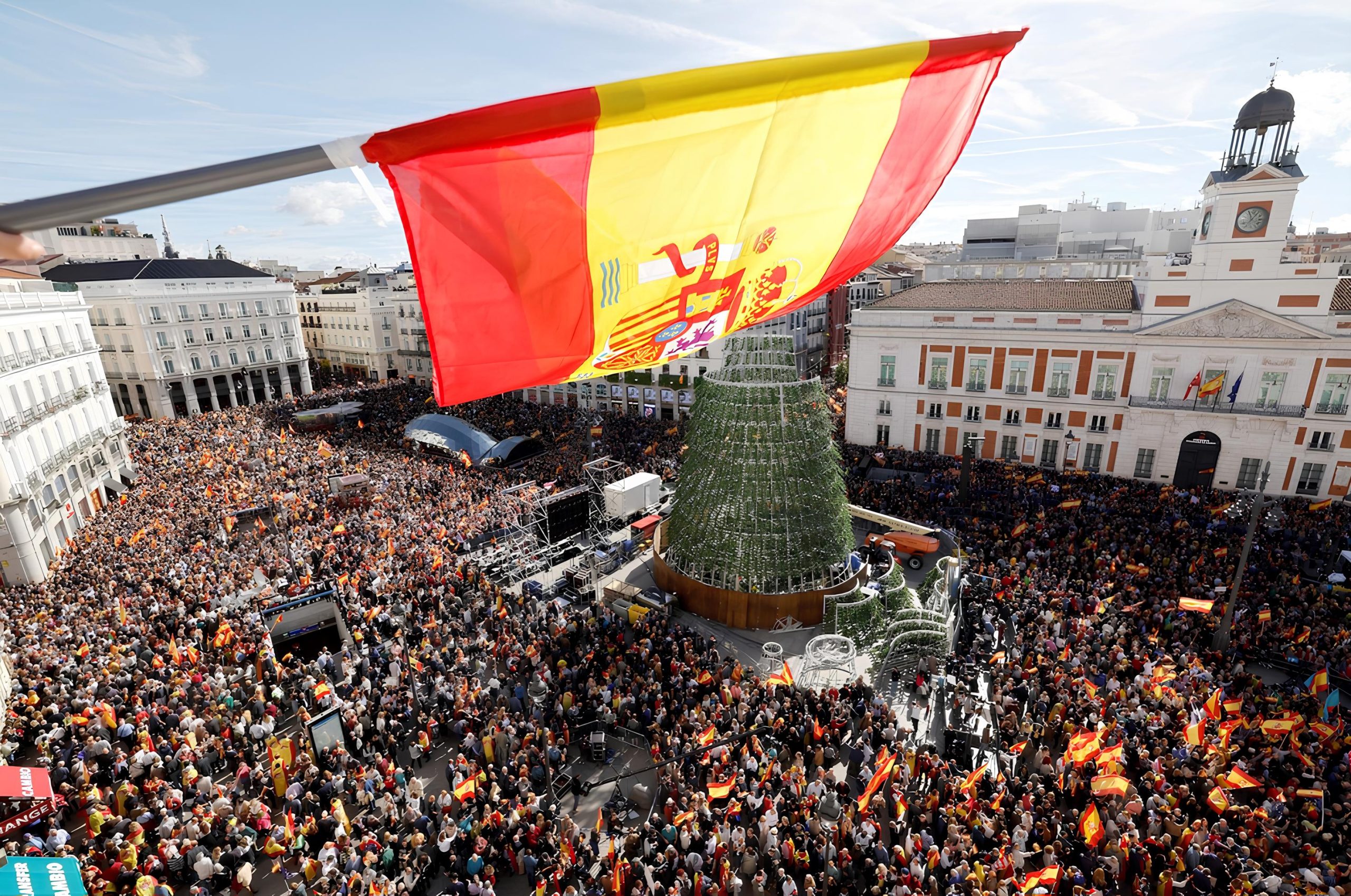
Controversial Pact with Catalan Separatists Sparks Protests and EU Concerns.
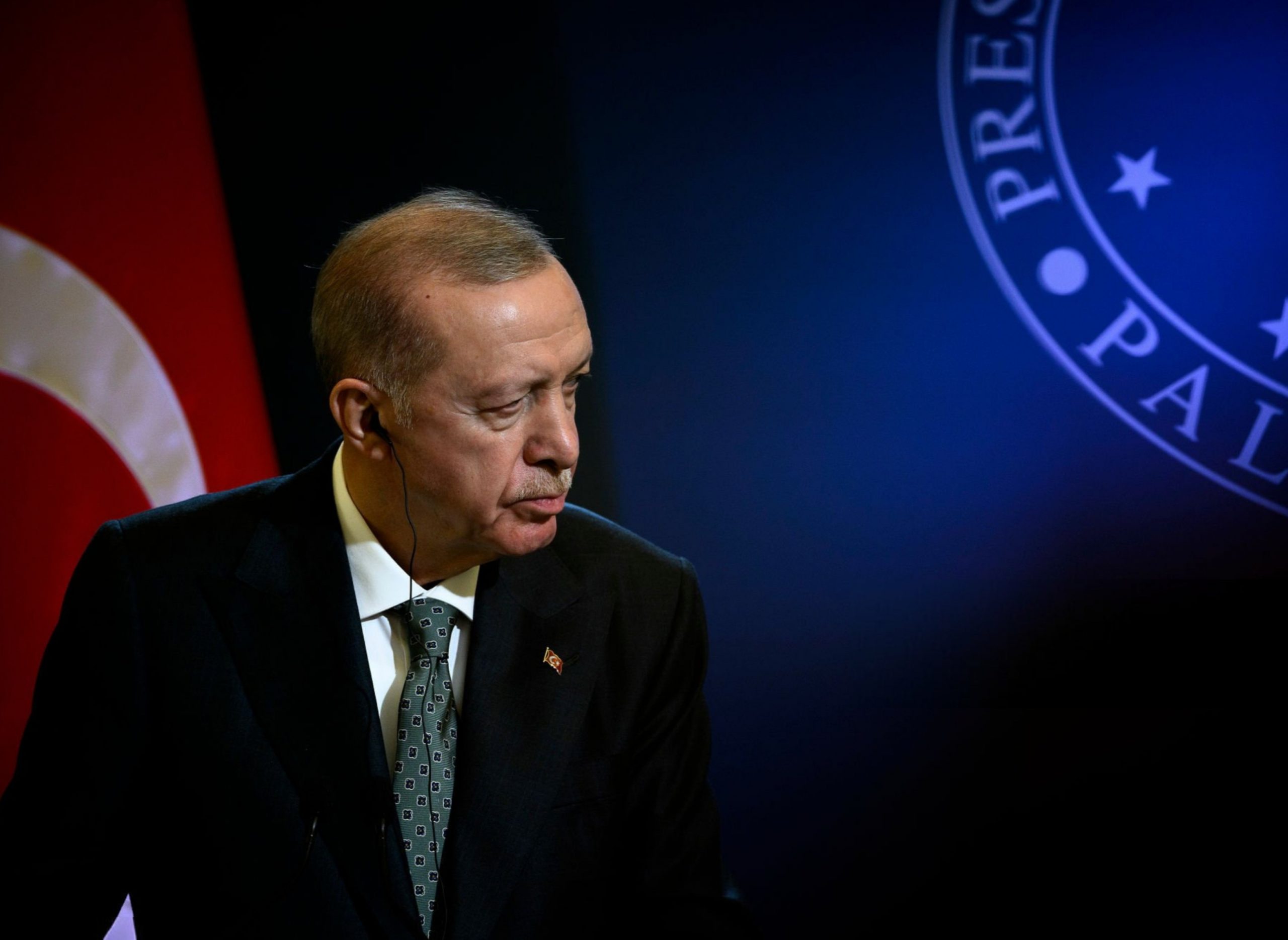

Will national interests be enough to turn a fierce enemy into a new friend?
Written By: BATUHAN GUNES
Written By: KRISTIN HYNES
Written By: ERIC SONG
Written By: ALEXANDER BERGH
Written By: KATE-REID SMITH
Written By: JOSEF SCHOEFL
Written By: PATRIC MCFARLAND
Written By: FATIH CEYLAN
FA’s flagship evening newsletter guilding you through the most important world streis ofthe day. Delivered weekdays.
